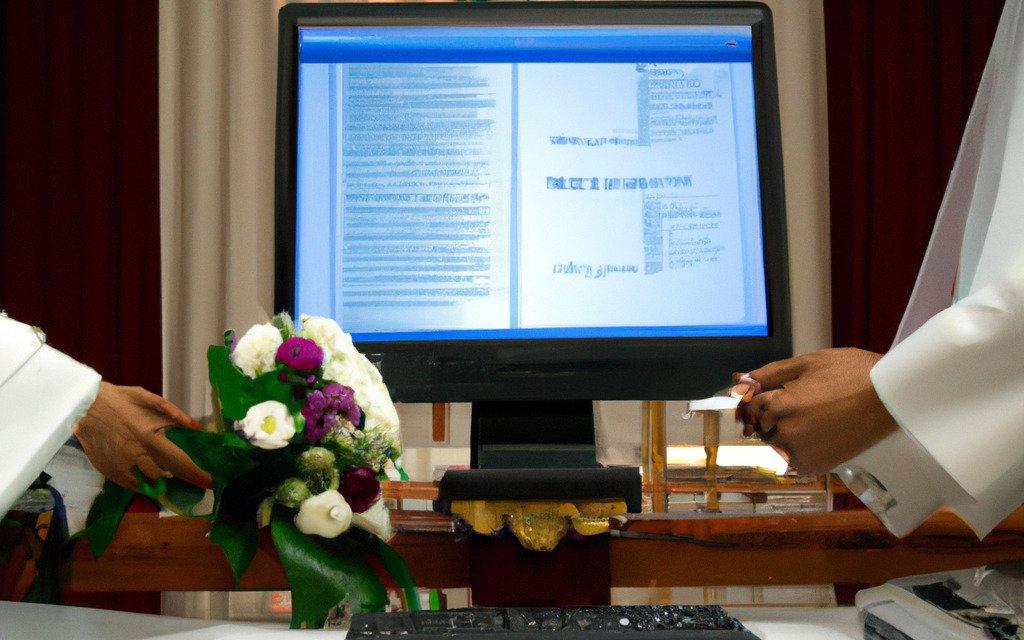Joy, a platform for planning weddings, has introduced a new tool called “Wedding Writer’s Block,” which is powered by OpenAI. According to the company, this AI assistant is intended to aid users of the platform in composing their most difficult wedding-related language.
The use of an AI tool may seem unromantic, but it can assist users in creating unique and heartfelt messages using styles inspired by various writers, including pirates, astrologers, Shakespeare, and Rumi. Company CEO Vishal Joshi explained in a press release that a recent survey showed 89% of Joy’s community found it daunting to begin writing their wedding materials.
The Writer’s Block Assistant utilizes OpenAI to help couples and guests overcome their writer’s block and express their emotions in a fun and imaginative way.
To be fair, the integration is marketed by Joy as a first draft tool — an inspirational device, rather than a full-on ghostwriter. It’s also true that people turn to search engines to find writing inspiration all the time.
Still, finding published inspiration, thinking about it critically, and working from there is quite different from having a machine regurgitate some paraphrased themes at you — with no mention of sources, of course.
And while we personally wouldn’t verbatim copy the Wedding Writer’s Block-generated vows, wedding website “love story” copy, toasts, and another wedding “wordage” options offered by Joy, we can imagine that some folks out there just might.

On a grander scale, the integration seems to speak to a broader tech industry push to incorporate OpenAI’s viral chatbot tech into anything and everything they can, even into a part of life that some might argue is more essential to our humanity than most: love, dating, and relationships.
The world of online dating was among the quickest to jump onto the AI-integration bandwagon, as it all too often does with tech trends of the like. The wedding industry, it seems, has followed in stride.
On the other hand, Josh Withers, an international marriage celebrant who helped found the Celebrant Institute, a training and mentoring organization in his native Australia, likes it when the couples he marries mess up their vows, such as when someone says, “I take you as my awfully wedded,” instead of the standard “lawfully wedded.”
But lately, Mr. Withers has been worrying that artificial intelligence will ruin those moments. He has already heard murmurs about the chatbot ChatGPT’s potential role in weddings.
“I’m seeing people using it to write speeches and write vows on wedding Facebook groups,” he said. “If a computer makes the words you speak at a wedding, what you’re going to get is recycled clichés. You’ll lose the humanity, the moments that make us feel love.”


